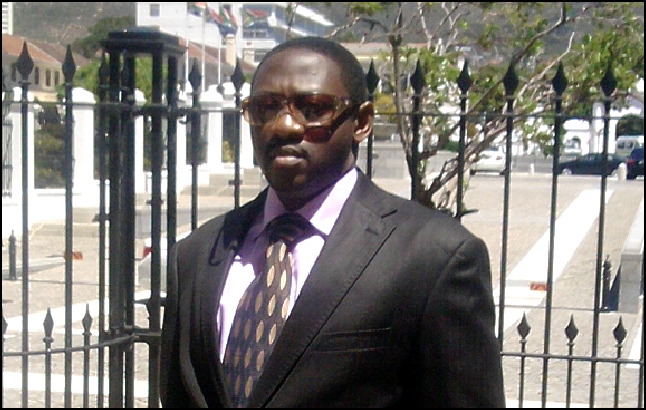A meeting of African Ministers of Finance and Governors of the African Central Banks was held in August 2013, which ended with the signing of the Khartoum Declaration (the Declaration). Representatives of the World Bank and the International Monetary Fund (IMF) also attended this meeting. Such meetings have always made one to ponder on the true intentions of such lofty declarations by technocrats especially those from the African governments.
According to Sudan Daily, issue no 3028 of 24 August 2013, the Declaration called on the World Bank group to create partnerships with other donor bodies, especially the African Development Bank (ADB) towards facilitating preparations for implementation of projects in Africa. This declaration also stressed on the need for the World Bank to provide assistance and mobilisation of sufficient resources for boosting the capital markets and extending finance for existing projects in Africa. There was also stress on the need to increase the loans provided by the World Bank to states that qualified for such loans so that they can establish large-scale regional projects. The Declaration also called on the World Bank group to provide the demanded guarantees for the private sector and to increase resources of the international funding institution within the framework of its initiatives designed for infrastructural projects in Africa, besides providing resources and attracting more contributions for enhancing water supply and agricultural development in Africa. There was equally a call for continuing efforts to urge other countries to abide by their pledges that relate to the distribution of the increased profits from gold sales toward increasing the IMF resources that are extended on soft terms. Finally, the Declaration called for more flexibility within the limit of the loans given to low-income countries in the context of the programmes, which are subsidized by the IMF. The goal of this is to support Africa’s voice and representation at IMF’s Executive Council, adding a third seat for the African sub-Sahara region and boosting the industrial development in Africa via encouragement to the optimum use of Africa’s abundant resources via investment in industry and manufacturing of raw materials.
Africa has indeed had numerous Declarations such as the Khartoum Declaration of August 2013. Many of these Declarations have not materialised to envisaged expectations. Instead, these Declarations have made government officials more corrupt. The concerns of the private sector especially those involved in infrastructural enhancement and development have not been given the importance they deserve. Infrastructural projects in Africa remain under the banner of governmental control and most of these projects are not realized due to corruption and poor governance.
In future it would be necessary not to only bring together technocrats but representatives of Africa’s private sector. The voices of African business owners as well as foreign business owners are germane. The voices of women and the youth involved in small and medium size enterprises especially in the energy and agricultural sectors are equally vital.
Having Declarations such as the Khartoum Declaration without easing regional trade is of no use. Maintaining humongous taxes in signatory states especially for small businesses defeats the purpose of the Declaration. African leaders therefore need to have a holistic approach in resolving the developmental concerns of the continent. It does not only suffice to waste tax payers’ moneys in organizing such meetings like the one in Khartoum. Declarations are good but concerted action especially with the government and private sector partnership is vital for economic growth and development. Words must marry action for sustainable development in Africa.
Chofor Che is an associate of AfricanLiberty.org and an integral part of the Voice of Liberty initiative. He is also a Doctoral Law candidate at the University of the Western Cape and blogs at http://choforche.wordpress.com/.



